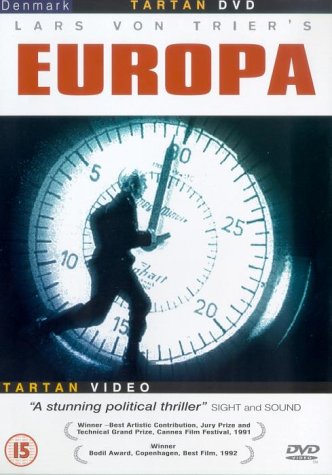|
81 |
Español |
| |
Lección Veintiocho (28) |
| |
REVISION AND NOTES |
| |
1 Most names of countries are used without an article :
Bélgica (bailHeeca), Belgium;
Suiza, Switzerland;
Inglaterra, England;
Alemania, Germany;
Italia, Italy;
Rusia (roossia), Russia;
Holanda, Holland;
Argelia (arHaylia), Algeria;
Maruecos, Morocco;
Europa (ay_ooroppa), Europe;
Asia (assia), África, América, Portugal,
etc...
Among the exceptions taking the article, are :
el Japón, la Argentina, el Brasil (brasseel), el Perú; los Estados
Unidos, the U.S.
Moreover when the name of a country is followed by a clause it takes the
article :
La Francia del siglo XVIII (dieciocho) : the France of the XVIIIth
century;
la España de Carlos V (quinto) : The Spain of Charles V. |
| |
2 Mister; sir; mistress, madam.
- Don, doña are used only with the Christian name, i. e, with known
people.
Señor, señora are used alone, or followed by the family name.
- Sí Señor; no señora : yes, sir; no, madam.
- Mr. Martin (to call him) : ¡ Señor Martin!
- But when speaking of somebody without addressing him directly, the
article is necessary :
Mr. Gonzalez is here : El señor González está aquí.
Miss : señorita.
Miss Mary : señorita María, or, if she is of a certain age : doña María.
To speak to a stranger, one rather says; Caballero! than iSeñor! : or
one adds some word to señor :
Perdone señor, or Oiga señor (Oiga : listen). |
| |
3 Personal pronouns. - He, she, they : él, élla; ellos,
ellas :
él viene, he comes; élla viene, she comes;
ellos, ellas vienen, they come.
The pronoun is omitted when the general meaning makes the subject clear
:
Pedro está en Madrid; viene aquí a las tres : Peter is in Madrid; he
comes here at three.
Ello, neuter is seldom used as subject; one says rather esto, or eso,
this, that.
It is found chiefly after prepositions : He pensado en ello : I have
thought of it.
Notice the accent which distinguishes the article el, from the pronoun
él :
el hombre, the man; él viene, he comes.
Him (masc. person) is le or lo.
It (neuter) is : lo.
Pedro está aquí, le (or lo) he visto : Peter is here, I have seen him;
- ¿Has visto este libro? - Lo he visto: have you seen this book? - I
have seen it.
- Yo lo sé : I know it.
Her is : la. La veo : I see her.
Them : los (mascul.), las (femin.). Los (las) he visto : I have seen
them.
(The past participle preceded by the auxiliary to have, is invariable).
(To) him or (to) her is : le.
I told him (her) no : Le he dicho que no.
(To) them : les. I gave them your letter : Les he dado tu carta. |
| |
4 In many irregular verbs, the e of the radical
changes into ie when the syllable is stressed.
Ex. : pensar, to think, he pensado, I have thought, but:
pienso, I think.
¿Qué piensa usted? What do you think?
- Entender, to understand; he enfendido, I have understood;
entiendo, I understand.
- Sentir, to feel, or regret, or hear; he sentido, siento.
Perder, to lose, perdido, pierdo. |




